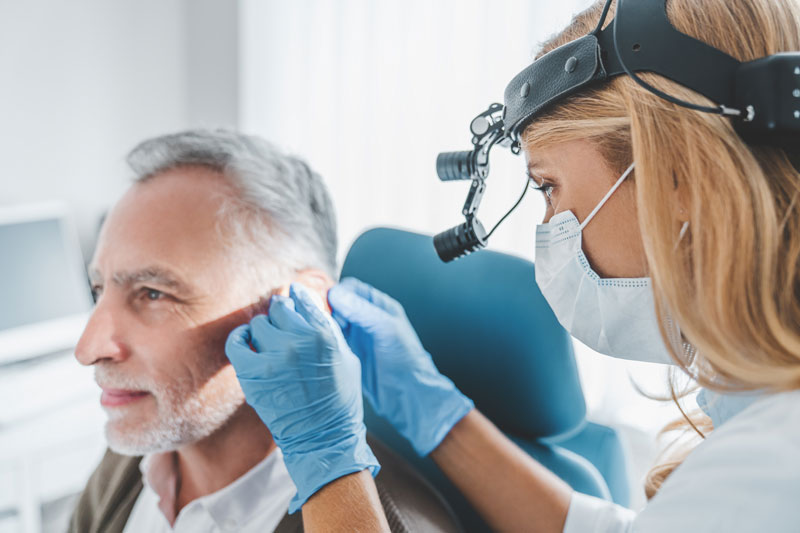What Is Orthopedic Medicine?
Anyone suffering from chronic pain, limited mobility, or other issues stemming from injuries or conditions affecting the musculoskeletal system might find themselves in the care of an orthopedic surgeon. Conditions can range from congenital deformities, like clubfoot, to age-related ailments, such as osteoporosis or arthritis. Athletes often require the attention of orthopedic professionals due to sports injuries like rotator cuff tears or tennis elbow.
Modern orthopedic surgery is more advanced and patient-focused than ever. With the integration of technology, procedures like arthroscopy allow surgeons to visualize, diagnose, and treat joint problems with minimally invasive techniques. Joint replacements, once considered highly complex, are now more streamlined and have better prosthetic designs, ensuring longevity and compatibility with the body.
Ascentist Healthcare Orthopedic Surgery relies on a team of top-tier orthopedic surgeons, cutting-edge surgical techniques, and a compassionate care approach tailored to each patient’s unique needs. By merging advanced medical technology with a deep understanding of patient concerns, Ascentist Healthcare ensures not only successful surgical outcomes but also an experience that prioritizes the patient’s comfort, safety, and recovery. With a legacy built on excellence, trust, and expertise, we proudly serve the Kansas City community as a leader in orthopedic care.

Common Orthopedic Conditions We Treat
- Osteoarthritis
- Rheumatoid Arthritis
- Osteoporosis
- Fractures and Dislocations
- Soft Tissue Injuries
- Bone Tumors
- Degenerative Disc Disease
- Herniated Disc
- Scoliosis, Kyphosis, and other Spinal Deformities
- Carpal Tunnel Syndrome
- Ligament Injuries
- Tendinitis and Bursitis
- Rotator Cuff Tear
- Labral Tears
- Meniscus Tears
- Hip Dysplasia and other congenital conditions

Common Orthopedic Treatments We Offer
- Knee and Hip Replacement
- Arthroscopic Knee and Shoulder Surgery
- Spinal Surgeries
- Bone Fracture Repair
- Soft Tissue Repair
- Rotator Cuff Repair
- Should Stabiliztion
- Carpal Tunnel Release
- Debridement
- Bone Grafting
- Fusion of Bones
- Osteotomy
- ACL Reconstruction
- Tendon Repair or Transfer
- Bunionectomy and Hammertoe Corrections
- Limb Lengthening or Shortening
- Arthritis Treatments (Shoulder, Knee, Hip)
- Excision of Lesions
Frequently Asked Questions
What’s the difference between an orthopedic surgeon and a rheumatologist?
While both professionals treat joint problems, an orthopedic surgeon focuses on surgical treatments of the musculoskeletal system, whereas a rheumatologist specializes in treating arthritis and other inflammatory joint conditions primarily with medication and non-surgical methods.
How long is the recovery period after orthopedic surgery?
Recovery times can vary depending on the procedure and the individual. For instance, recovery from a minor arthroscopic procedure might only take a few weeks, while recovery from total joint replacement might require several months of rehabilitation.
Will I need physical therapy post-surgery?
Most orthopedic surgeries are followed by a recommended period of physical therapy. This aids in strengthening the affected area, improving mobility, and ensuring a more successful surgical outcome.
Are there alternatives to surgery?
Yes. Depending on the condition, non-surgical treatments like medications, physical therapy, and injections can be effective. Surgery is typically considered when other treatments fail to provide relief.
How can I prevent sports-related orthopedic injuries?
Proper training, warm-up exercises, using the right equipment, and giving your body adequate rest can significantly reduce the risk of sports-related injuries.







